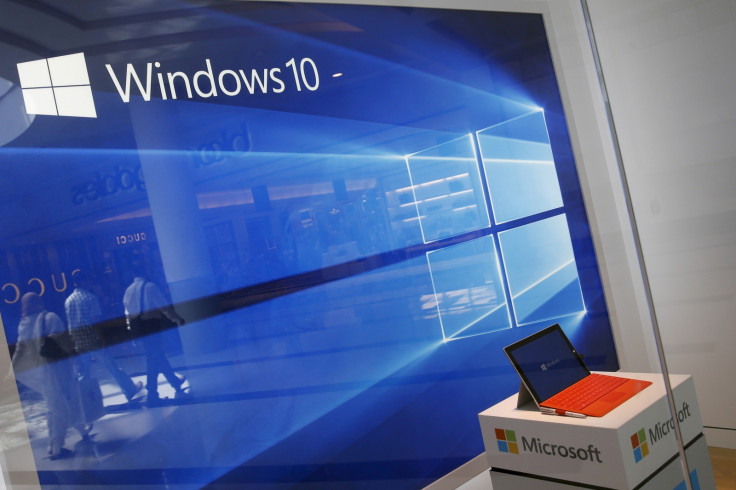India seeks discounted Windows 10 'for entire country' after global ransomware attacks
Microsoft officials in India have agreed 'in principle' to the request, Gulshan Rai claimed.

In the wake of two major ransomware outbreaks, India's first cybersecurity chief is asking Microsoft to grant a massive one-time discount for the entire country in an attempt to upgrade more than 50 million machines to the better-protected Windows 10 operating system (OS).
Gulshan Rai, appointed to the role in 2015, told Reuters on Friday 30 June that Microsoft officials in India have agreed "in principle" to the request. "It will be a one-time upgrade offer to Windows 10 and it will be a discounted price for the entire country," he said.
Rai revealed talks with Microsoft started after the WannaCry cyberattacks last month, which locked down hundreds of thousands of computers in 150 countries and demanded a ransom in Bitcoin. He claimed the price of the software could be discounted by up to 75%.
According to Reuters, Windows 10 currently sells for 7,999 rupees (£96, $124) in India, with a "pro" version for businesses listed at 14,999 rupees (£179, $232).
Up to 96% of 57 million computers in India currently run on earlier versions of Windows – with some on pirated versions of the software that is no longer supported by security updates.
Rai said the Indian government expects Microsoft to offer Windows 10 at "throw-away prices" and claimed that more information regarding a final deal will soon be released to the public. Microsoft did not immediately respond to a request for comment from IBTimes UK.
"Incentivise the common man"
The cybersecurity chief said the government is aiming to "incentivise the common man" to upgrade their computer systems in light of rising online threats. His plea followed the Petya ransomware attack last month which infected businesses and governments in more than 60 countries.
It remains unclear if any other governments are currently seeking deals with Microsoft to help discounted software updates for security reasons. If Microsoft agrees to sell the business edition of Windows 10 at a discount, it could lose out on a significant amount of revenue, however if it sells the Home edition, which is supported by ads, it could potentially make some of that money back.
The ransomware strains that caused chaos around the world in recent months were super-powered by computer exploits stolen from the US National Security Agency (NSA). Cybersecurity experts now believe the second attack was specifically designed to cause destruction in Ukraine.
The culprits responsible for the outbreaks remain unknown. Analysis of WannaCry led some to believe it had links to a North Korean hacking unit called The Lazarus Group. The Security Service of Ukraine (SBU) claimed evidence suggests the Petya incident had clear links to Russian hackers.
© Copyright IBTimes 2025. All rights reserved.





















